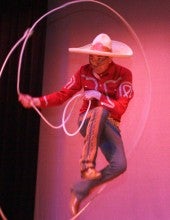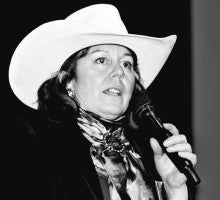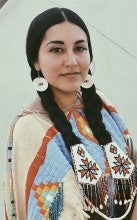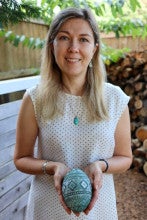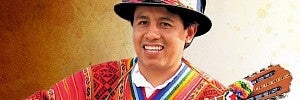
- About the Oregon Culture Keepers Roster
Search the online Oregon Culture Keepers Roster—an ever-expanding, juried selection of folk and traditional artists—and connect with cultural experts documented through our regional surveys and Traditional Arts Apprenticeship Program.
Rostered artists and culture keepers can provide educational presentations, hands-on demonstrations, or performances to a variety of audiences. We recommend a fee of at least $250 plus travel expenses unless otherwise noted, for such appearances. We do not serve as a booking agent, so please contact the artists directly.
Search the roster by county or keyword to find
- highly skilled traditional artists for your classroom,
- storytellers for your library event,
- cultural experts for your humanities program,
- performers for your festival stage, or
- craft artists for demonstrations.
Check back often—we regularly add new folk and traditional artists!
- Apply
Interested in applying to be on the roster?
First, review OFN’s definition of a Culture Keeper:
- A Culture Keeper is a folk or traditional artist, who actively practices, passes on, and preserves the living cultural traditions of the cultural community to which they belong and is recognized by that community. Folk and traditional arts do not include folk-inspired art, which is produced by individuals and groups who are not part of the cultural community that originally produced/created/developed the art form, even if the quality of the art is excellent.
Second, fill out and send in the application form and all required work samples.
Or contact us at 541-346-3820 | ofn@uoregon.edu for assistance.



